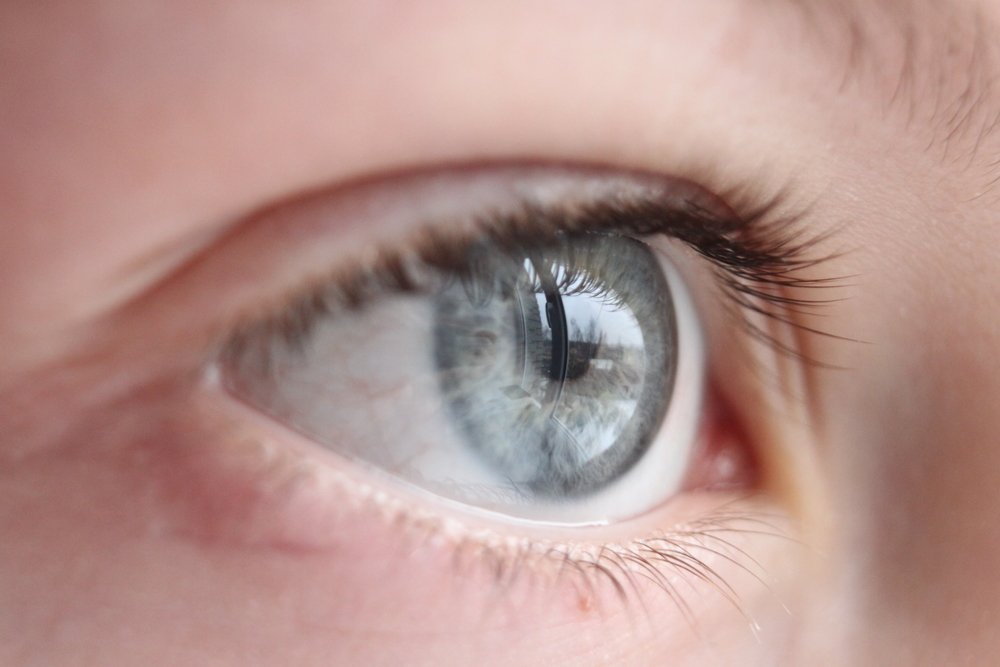GS010 Improves Vision in Patients with Mitochondrial Disease That Impacted Their Sight, Trial Shows

GenSight Biologics’ GS010 gene therapy restored some of the vision in Leber’s Hereditary Optic Neuropathy (LHON) patients whose sight had deteriorated, according to a Phase 1/2 clinical trial.
The findings were from a 96-week trial (NCT02064569) assessing the long-term effectiveness and safety of GS010. LHON is a rare mitochondrial disease whose hallmark is degeneration of retinal cells. In many cases it can cause blindness.
“We continue to see a sustained clinical benefit for patients in this long-term follow-up after two years with a single injection, and this is very encouraging,” Bernard Gilly, GenSight’s CEO, said in a news release. “Furthermore, this data continues to support the design of our two Phase III studies with GS010 for the treatment of Leber’s Hereditary Optic Neuropathy, which are currently ongoing in the U.S. and Europe, addressing patients with an early onset of vision loss. We are now less than a year away from Phase III efficacy data, and more than ever committed to find a cure for patients and their families affected by this devastating condition.”
“The insights gained from this and forthcoming data will be tremendously helpful as GenSight works to develop a therapy for this very severe disease with no existing curative treatment,” added Catherine Vignal, a researcher in the Phase 1/2 trial.
Patients in the study received GS010 through a single injection in the eye the disease affected the most. Some received stronger doses than others.
Two years after the injection, the sight in the treated eye of all 14 participants had improved significantly. There was no change in the untreated eye of nine participants.
Five patients with relatively good vision, and whose sight had deteriorated less than two years, were able to see better in both their treated and untreated eyes. The improvement began 36 weeks after treatment.
The sight in the five patients’ untreated eye began improving only after the vision in the treated eye became better. Improvement in the five patients’ treated eye was significantly better than in the untreated eye, however.
GS010 was safe and well-tolerated, with no serious adverse effects, researchers said.
Two Phase 3 studies (RESCUE, NCT02652767 and REVERSE, NCT02652780) are currently investigating GS010 in LHON patients who carry an ND4 gene mutation and whose vision had deteriorated a year or less at the time of treatment. Forty-eight-week results of both studies are expected to be released in 2018.






